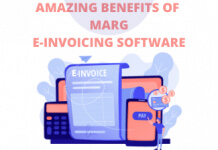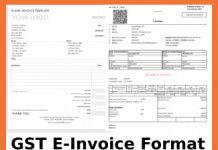Electronic invoicing, also known as eInvoicing, is a form of electronic billing.
This method was used by trading partners, customers, and their suppliers to
represent and track transactional documents between one another to ensure the
terms of their business agreements are being met.
The reason behind the introduction of electronic invoices or e-invoicing is:
The primary duty of the accounts payable department is to guarantee that all
unpaid invoices from its suppliers are authorized, handled, and paid. Processing
an invoice involves capturing relevant data from the invoice and entering it
into the business’s accounting or financial systems.
Once the feed is completed, the bills must travel through the business procedure
of the company to be paid.
An e-invoice is a structured invoice issued in EDI or XML formats, sometimes
through online web forms. These papers can be transmitted through EDI, XML, or
CSV files, among other methods. Emails, virtual printers, web apps, and FTP
sites can all be used to upload them.
Data from PDF or paper invoices may be extracted using imaging software by the
business and entered into their invoicing system. Moreover, To avoid mismatch
mistakes, the GST data reconciliation process has a significant gap that is
closed and plugged using e-invoice.
Data exchange and a decrease in data entry errors are made possible by the
ability of different applications to read electronic invoices. E-invoice makes
it possible to track supplier-prepared invoices in real-time.










